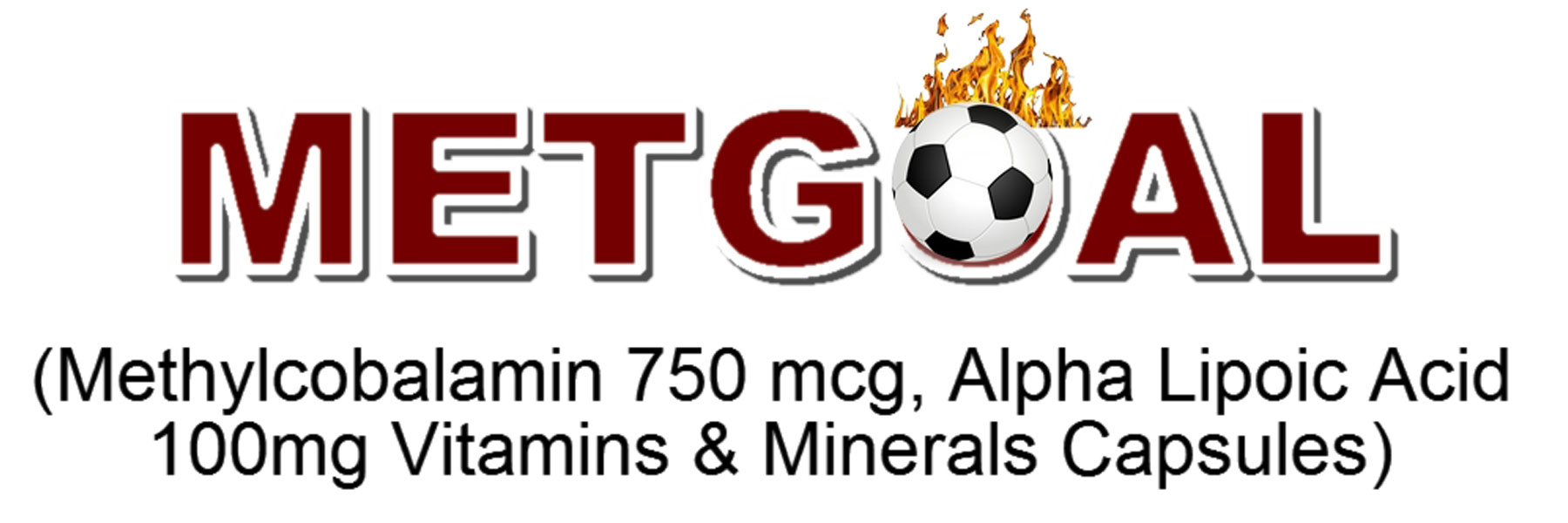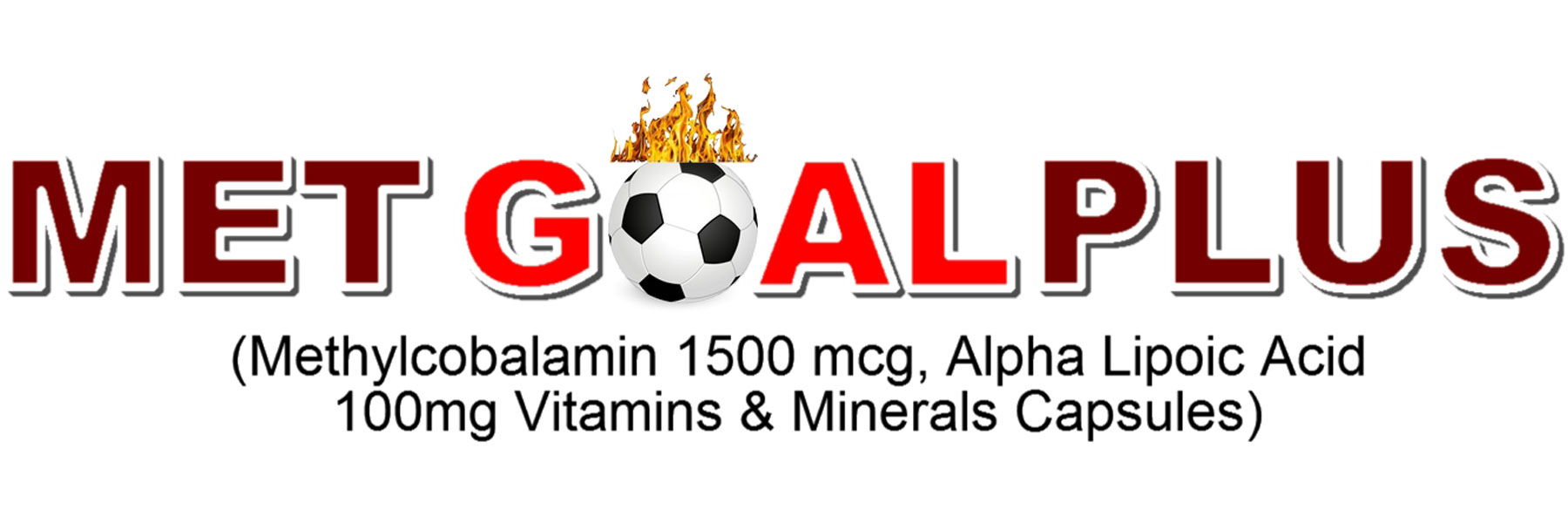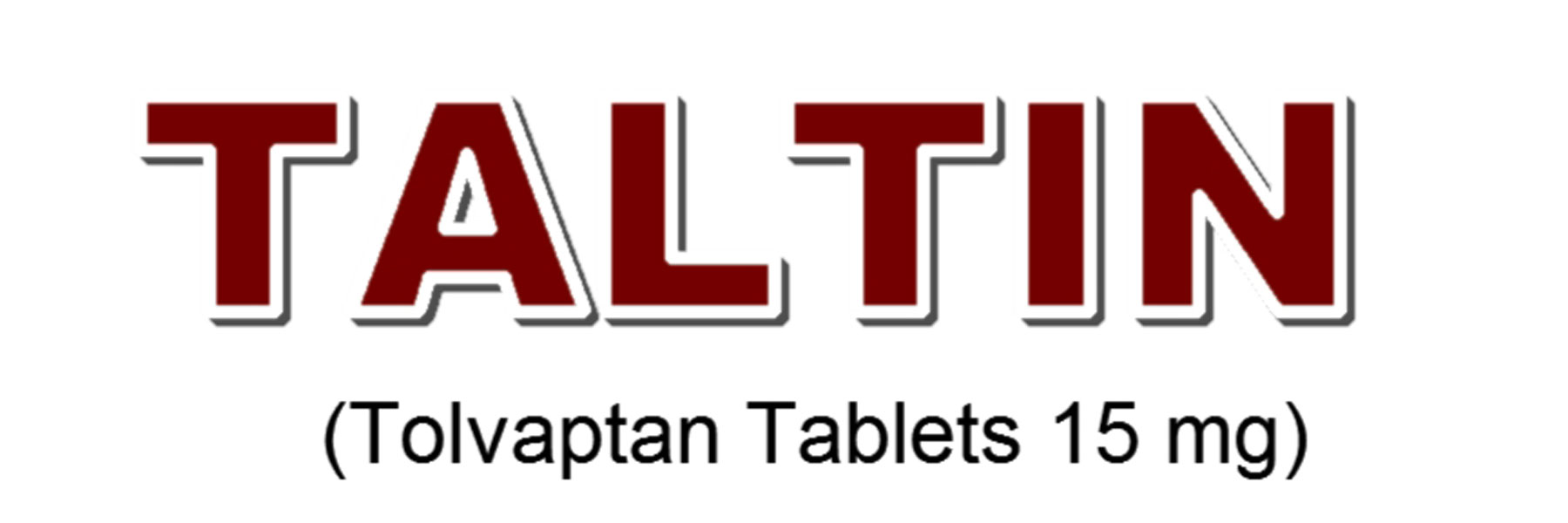
Antidiabetic medications help regulate blood glucose levels in individuals with diabetes. They function by lowering blood sugar levels and alleviating associated symptoms. Additionally, these drugs aid in preventing long-term complications of diabetes, such as kidney disease, nerve damage, and retinal damage.
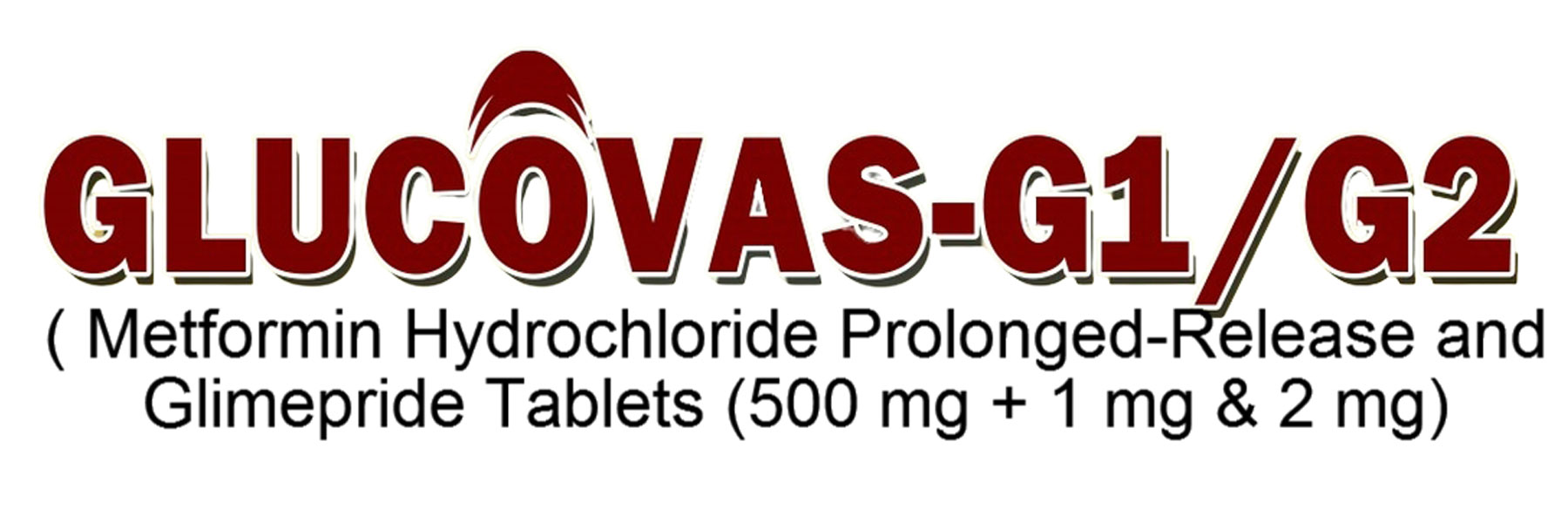

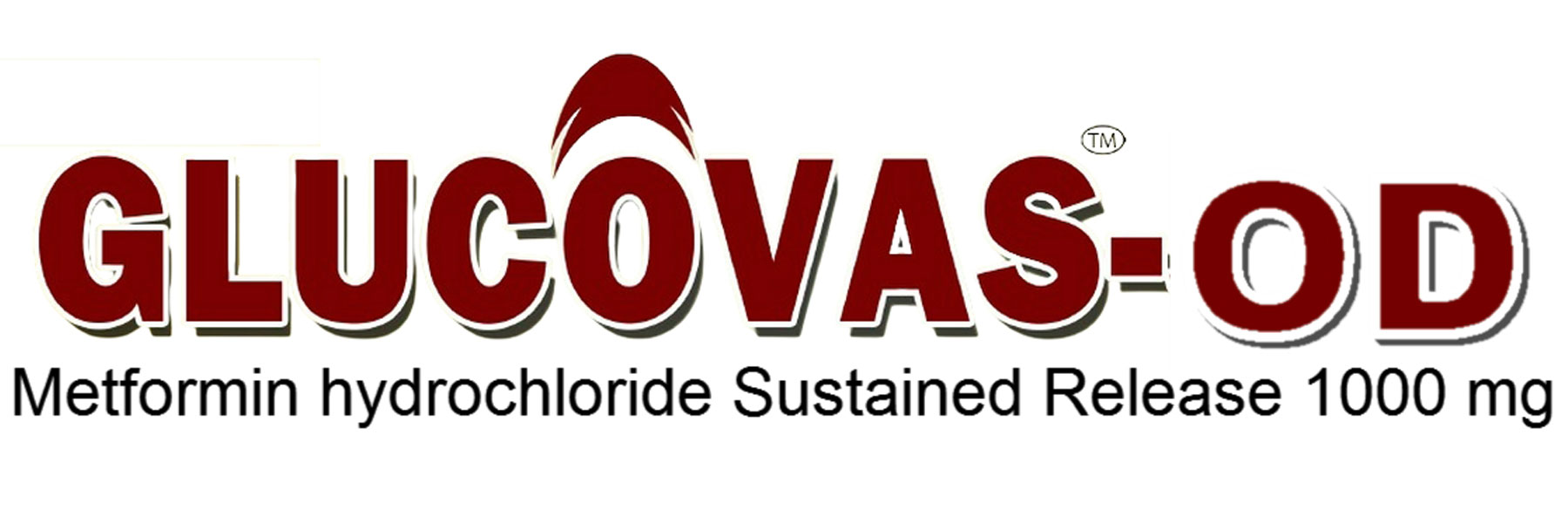
Antibiotics are powerful medications that combat bacterial infections by killing bacteria or inhibiting their growth. Common examples include gentamicin, cephalexin, ertapenem, erythromycin, ciprofloxacin, and metronidazole. While effective against bacterial diseases, antibiotics are not designed to treat viral infections like colds, the flu, or most coughs. This article provides an overview of antibiotics, their mechanisms of action, possible side effects, and the growing concern of antibiotic resistance.
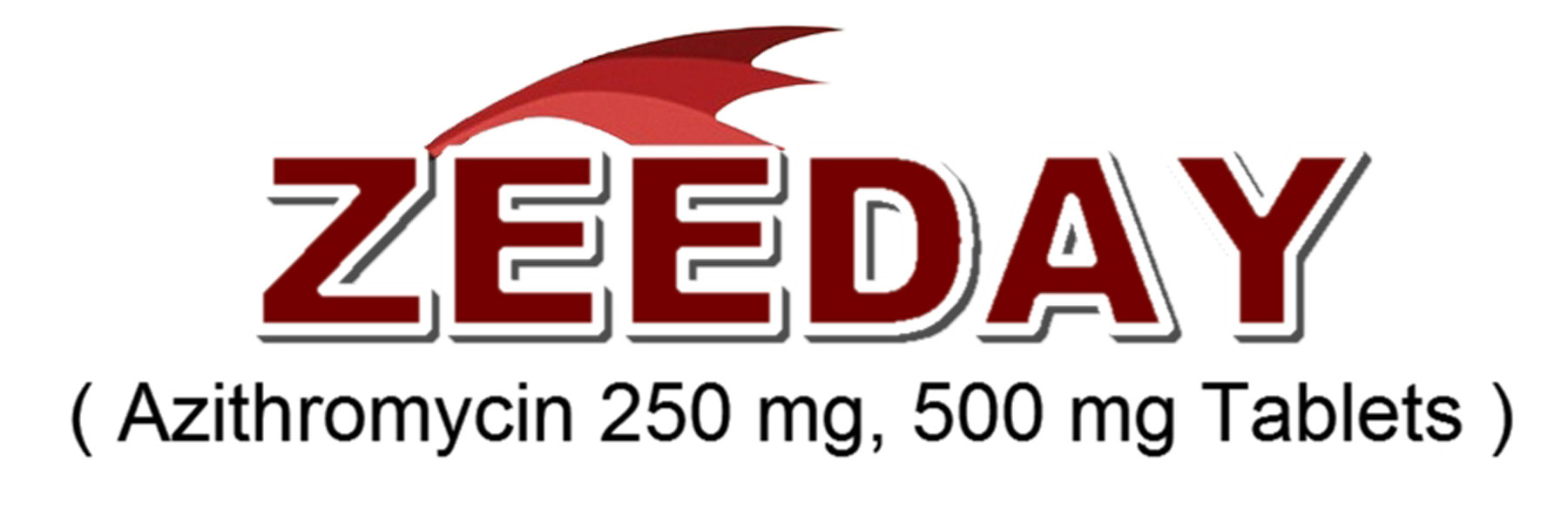

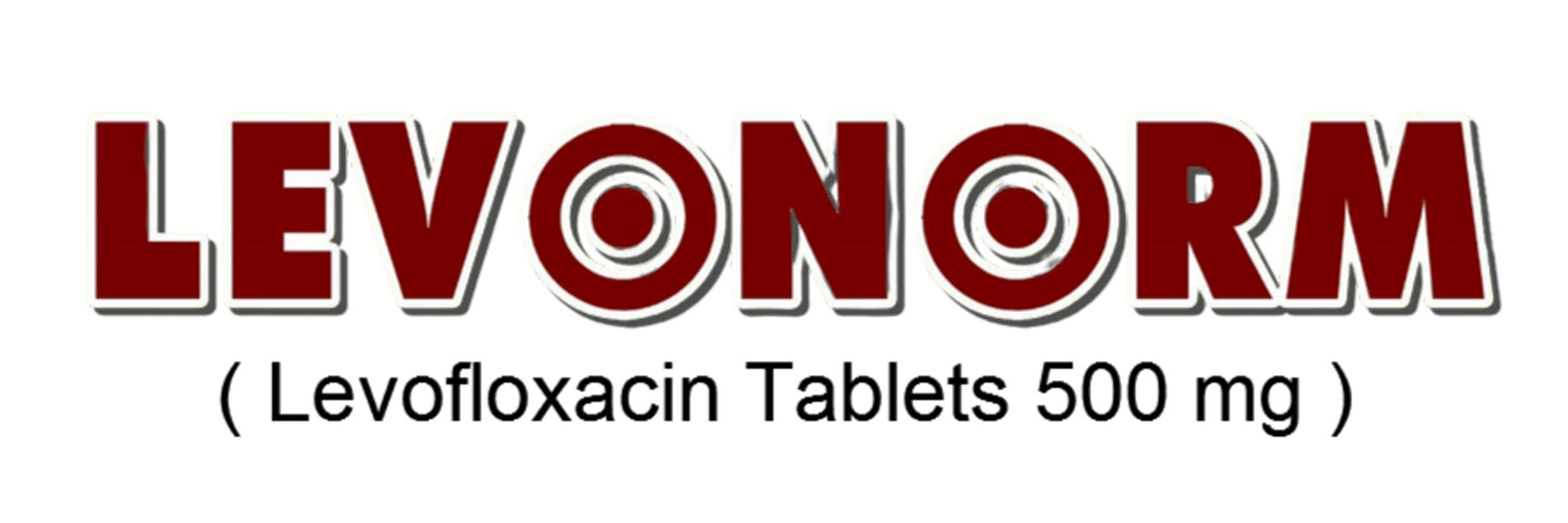
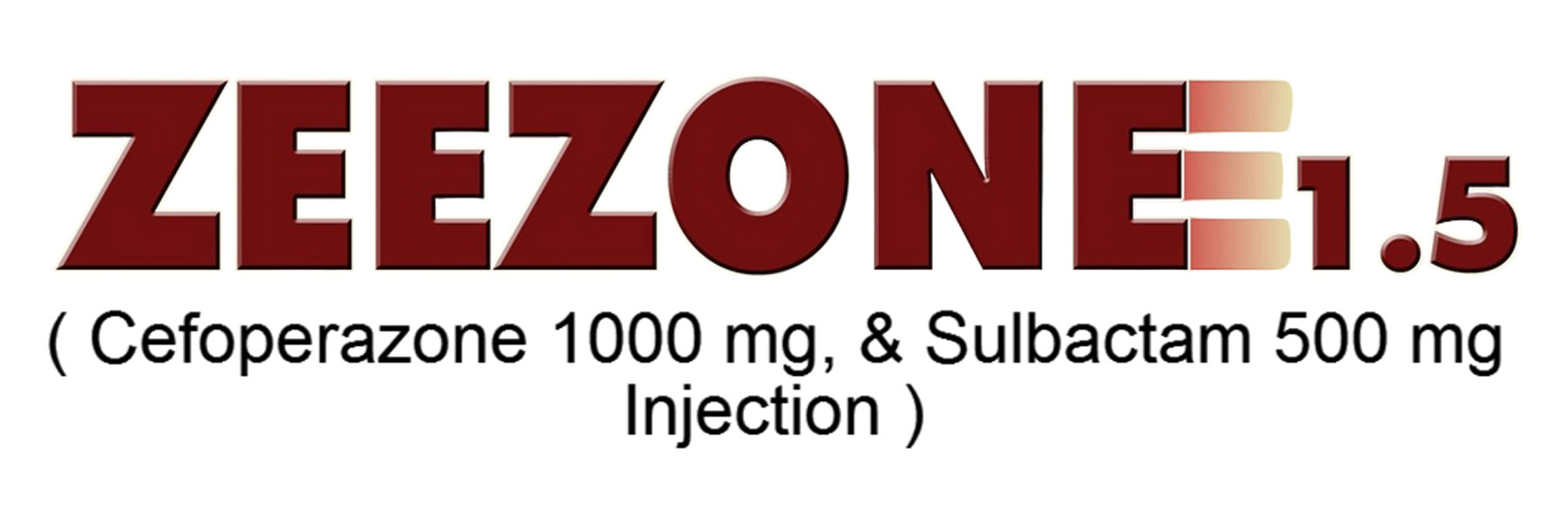


Antihistamines are a group of medications used to treat conditions triggered by histamine, a chemical released by the immune system.
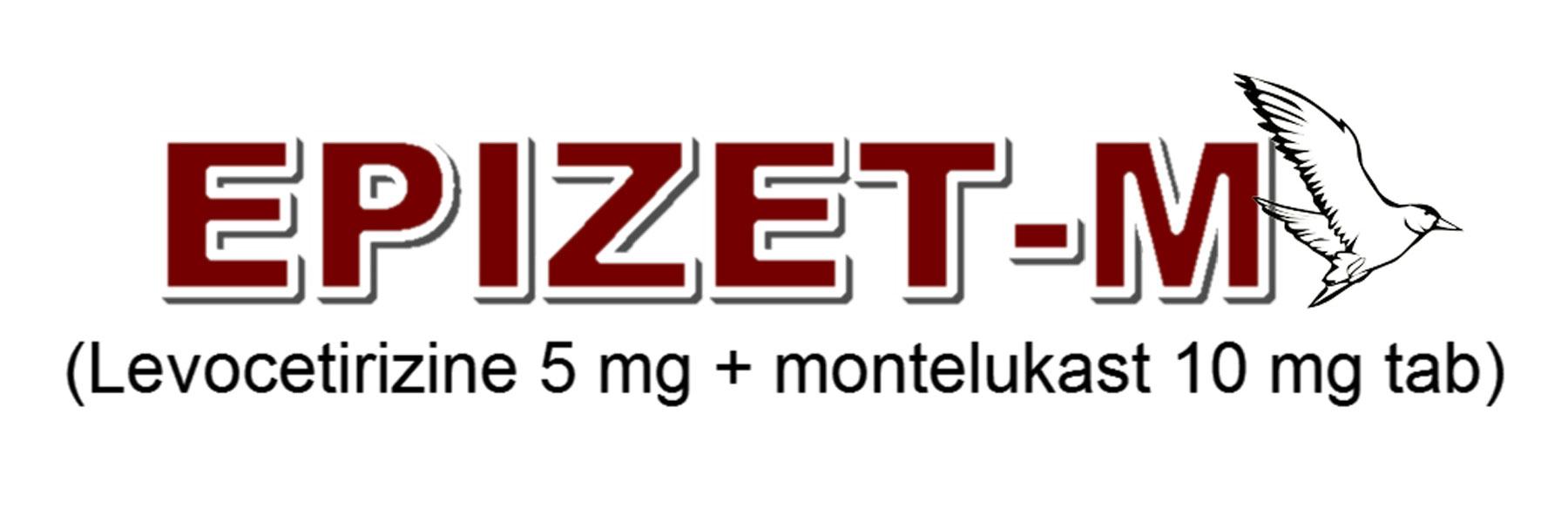

Antihypertensive medications, commonly referred to as blood pressure drugs, are used to manage hypertension (high blood pressure). They lower blood pressure through various mechanisms, such as eliminating excess salt and fluid from the body. The primary aim of these medications is to maintain heart health and reduce the risk of heart attacks, strokes, kidney failure, or heart failure.

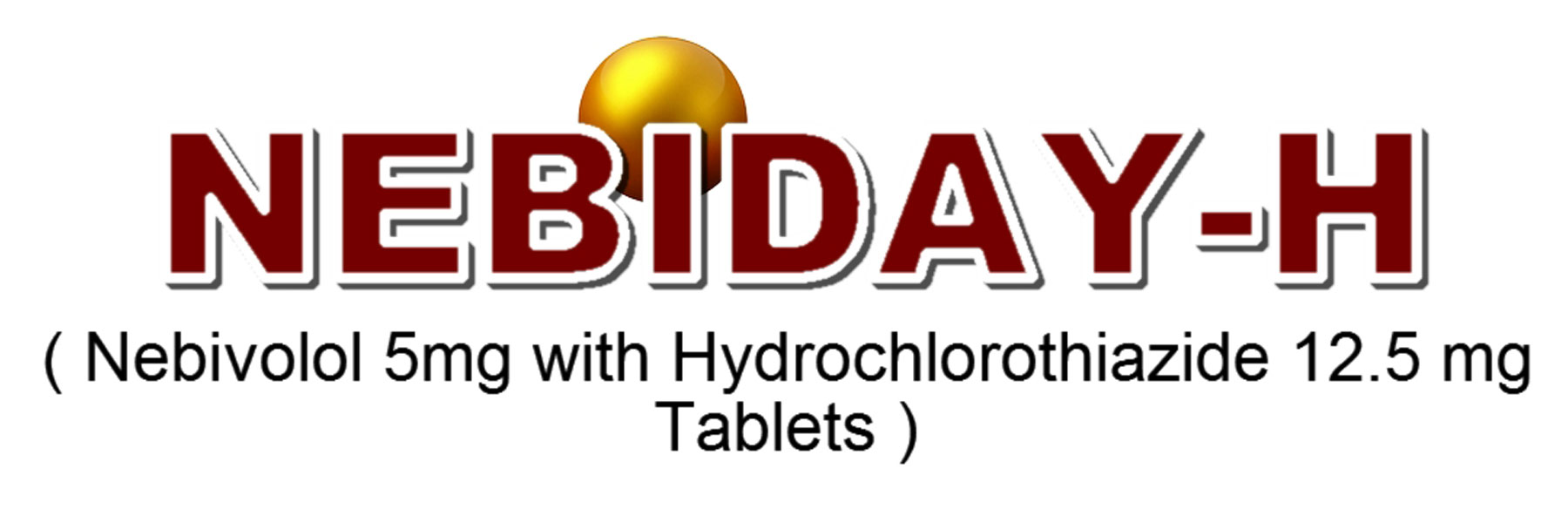
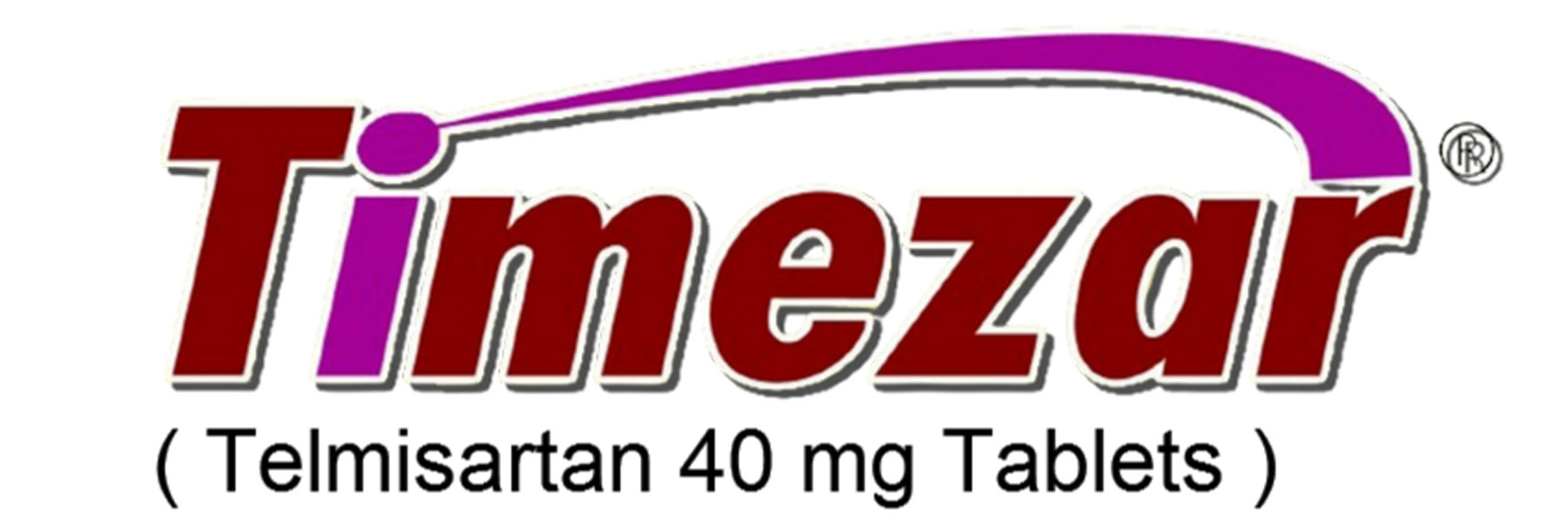
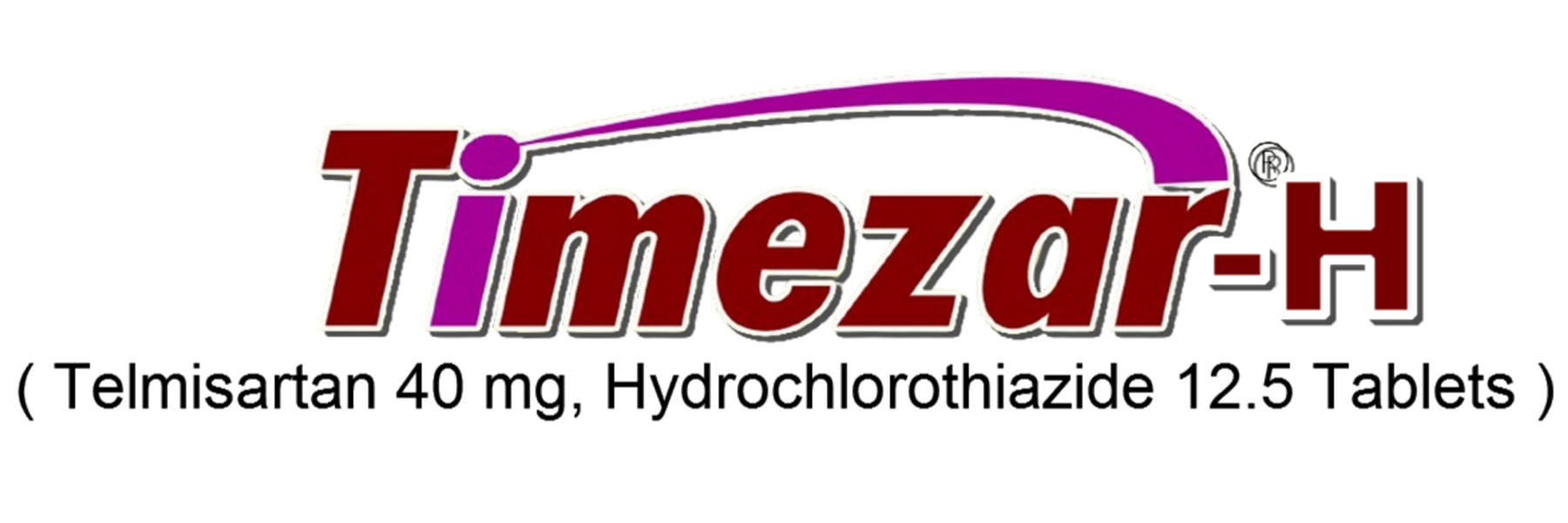

Gynecological medications are treatments designed to address and manage various health conditions related to the female reproductive system. Gynecology, a branch of medicine, specializes in diagnosing and treating disorders affecting the female reproductive organs. These medications are commonly used to treat conditions such as pelvic infections, polycystic ovary syndrome (PCOS), menstrual irregularities, endometriosis, and female infertility.

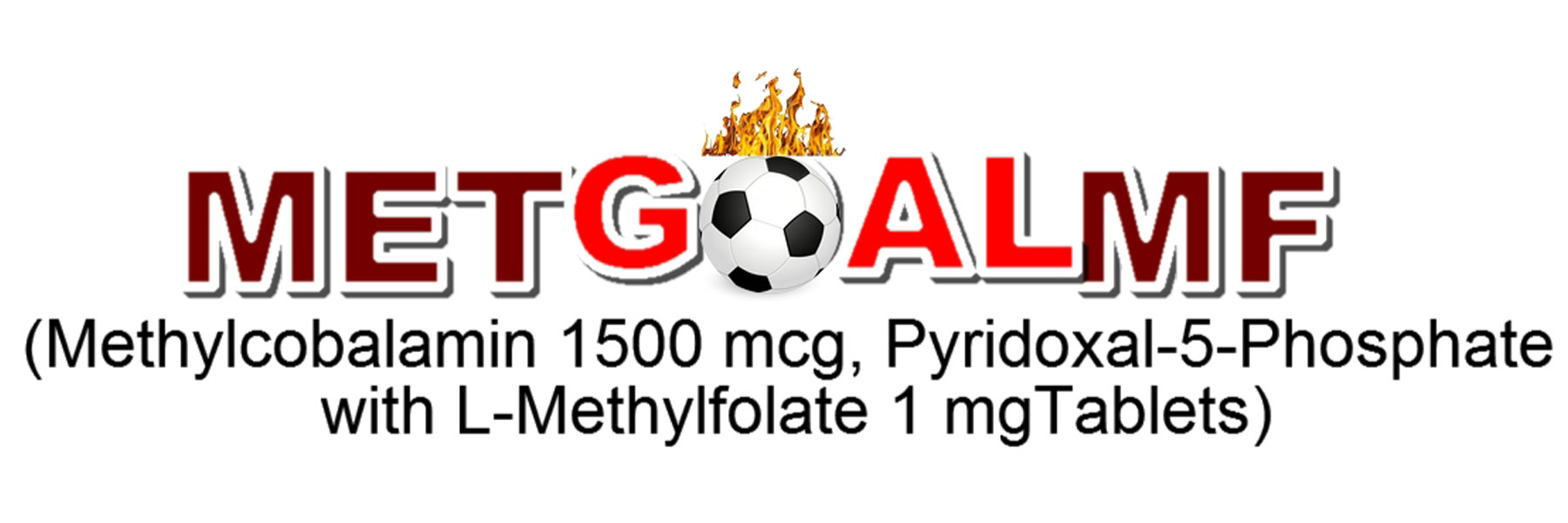
Adopting a plant-based diet is an effective way to reduce LDL cholesterol levels. The positive effects of these lifestyle changes typically become noticeable within 6 to 12 months. However, the success of lipid reduction through lifestyle modifications can vary, and healthcare providers may sometimes suggest starting medication earlier.
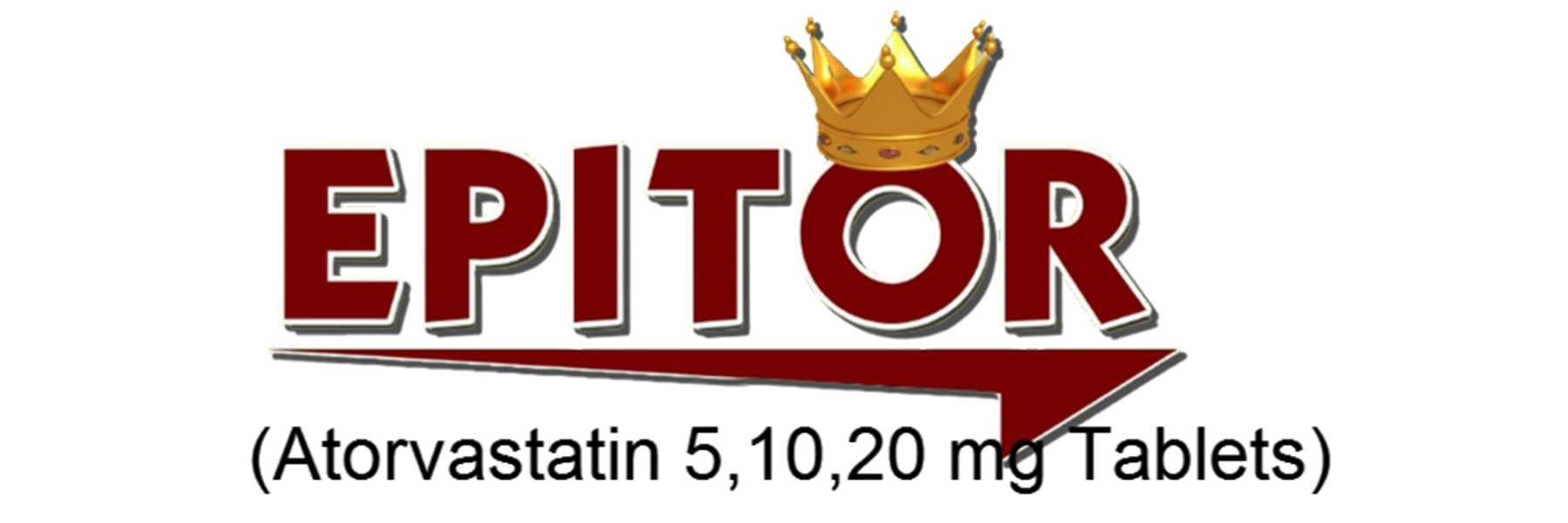

Orthopaedic medications are known to slow the progression of joint diseases, though they do not offer a complete cure. For many patients, the use of DMARDs can provide relief for several months or even years, but eventually, the symptoms may return.
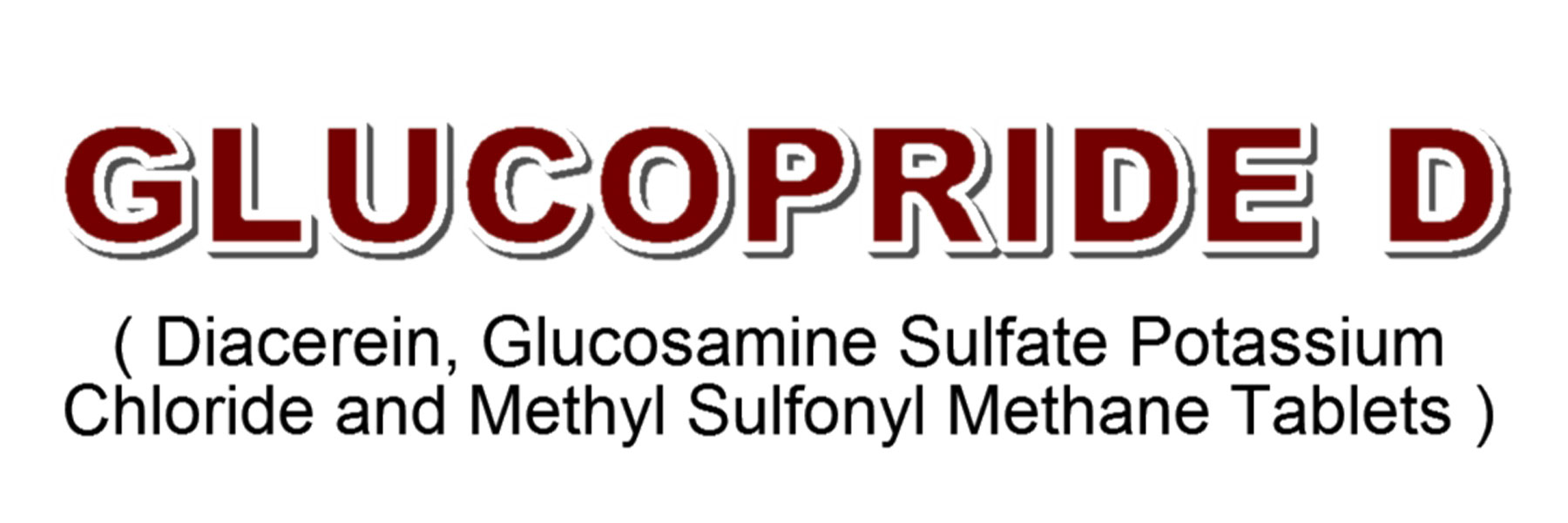


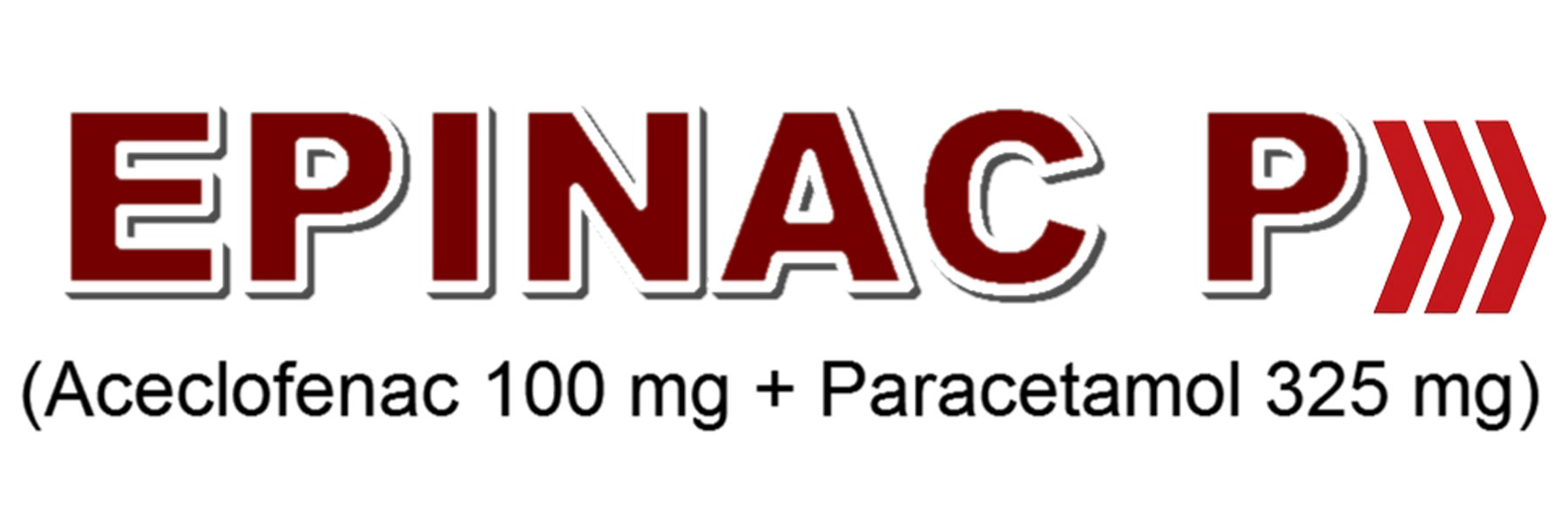
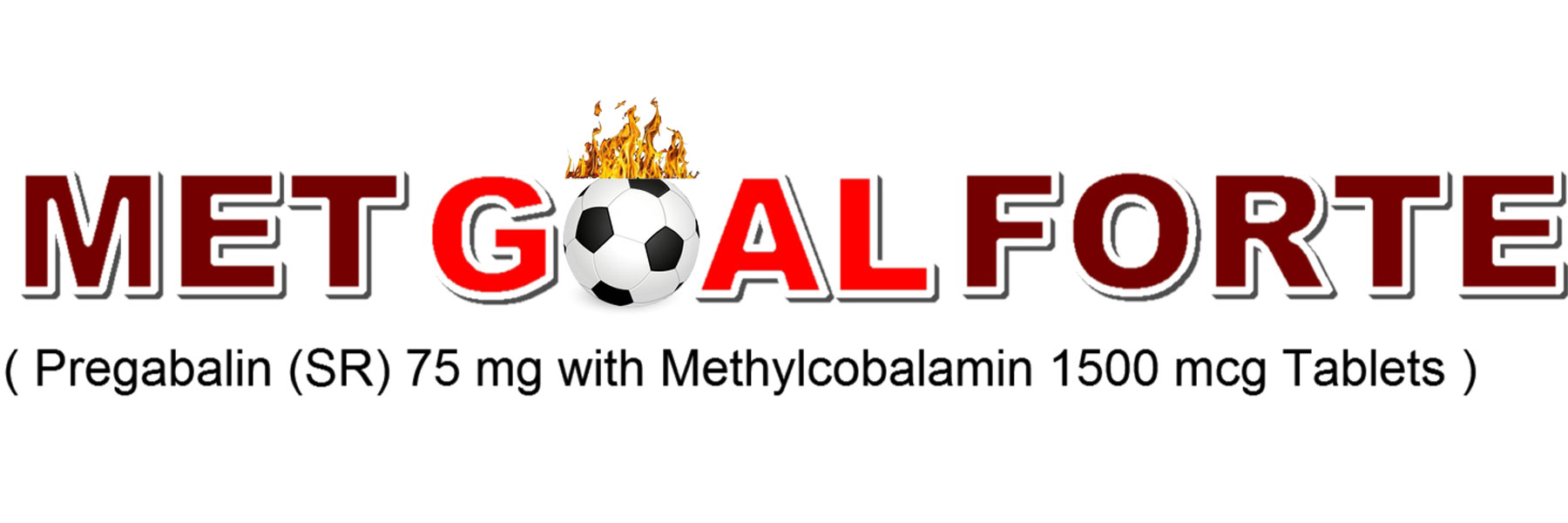
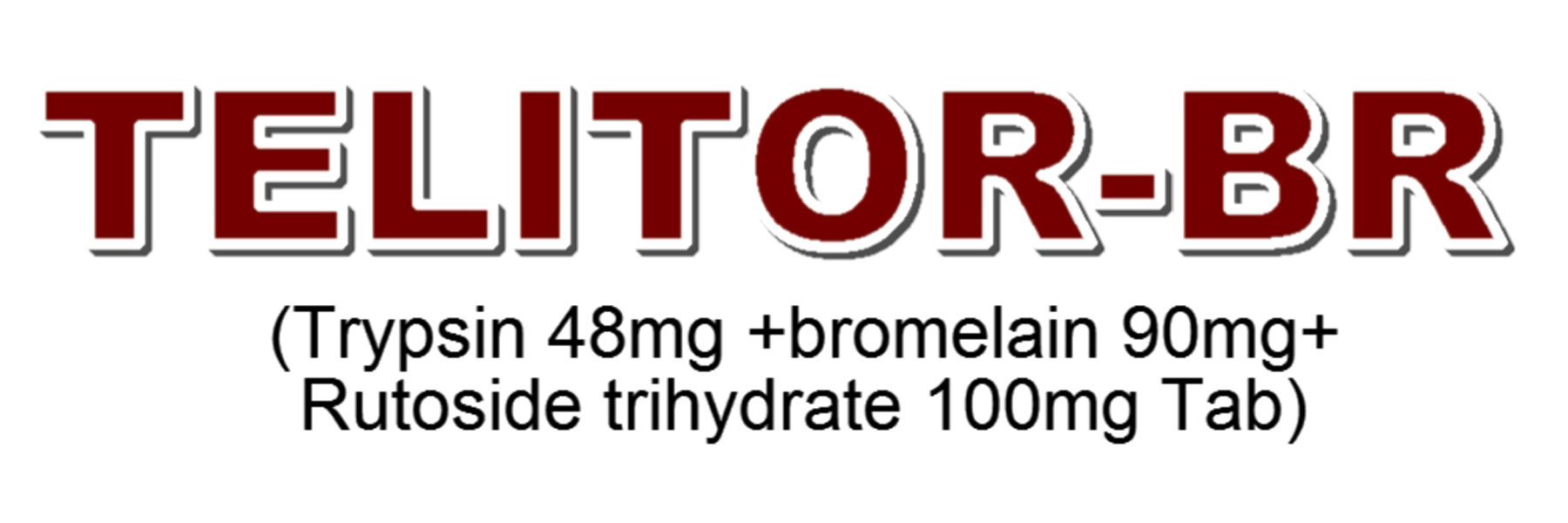
Proton pump inhibitors are used to: alleviate symptoms of acid reflux or gastroesophageal reflux disease (GERD), a condition where food or liquid flows back from the stomach into the esophagus (the tube connecting the mouth to the stomach), and to treat duodenal or gastric (stomach) ulcers.


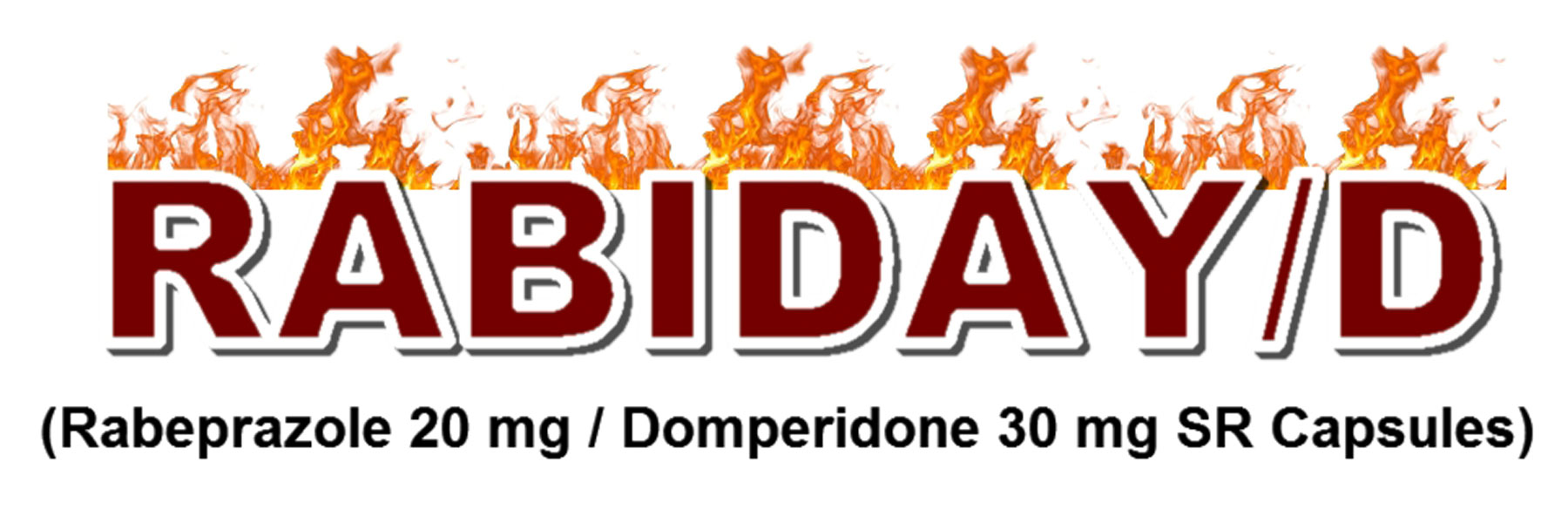
Vitamins are essential nutrients required by the body in small amounts for optimal health, while supplements are pills, liquids, or powders that provide vitamins, minerals, or a combination of both. Some individuals use supplements to address nutritional deficiencies in their diets, while others take them to support or enhance their overall health.
